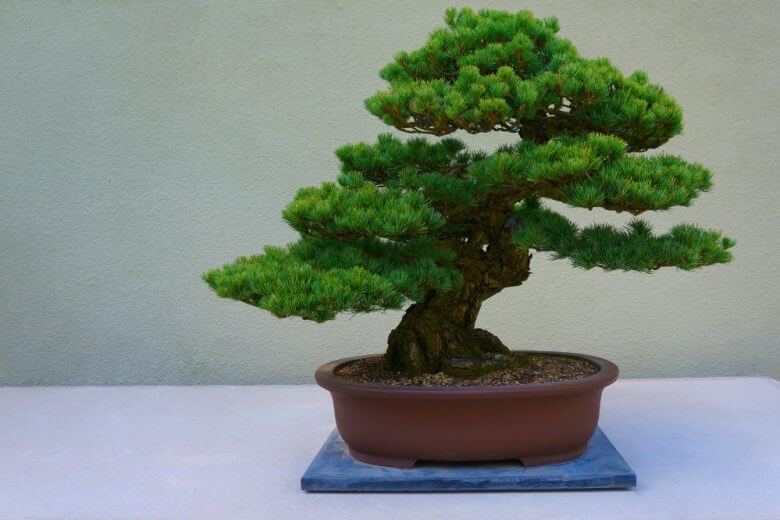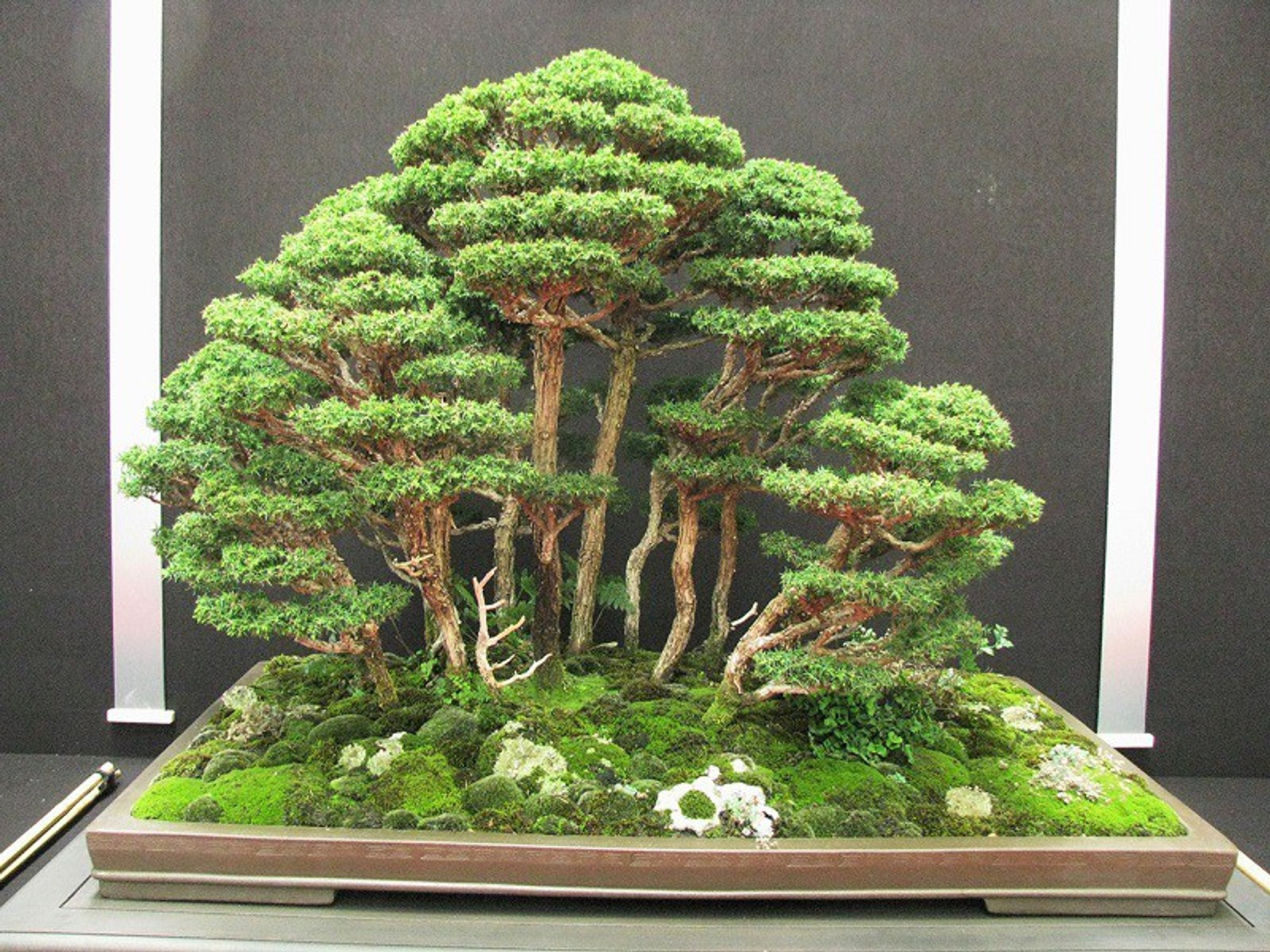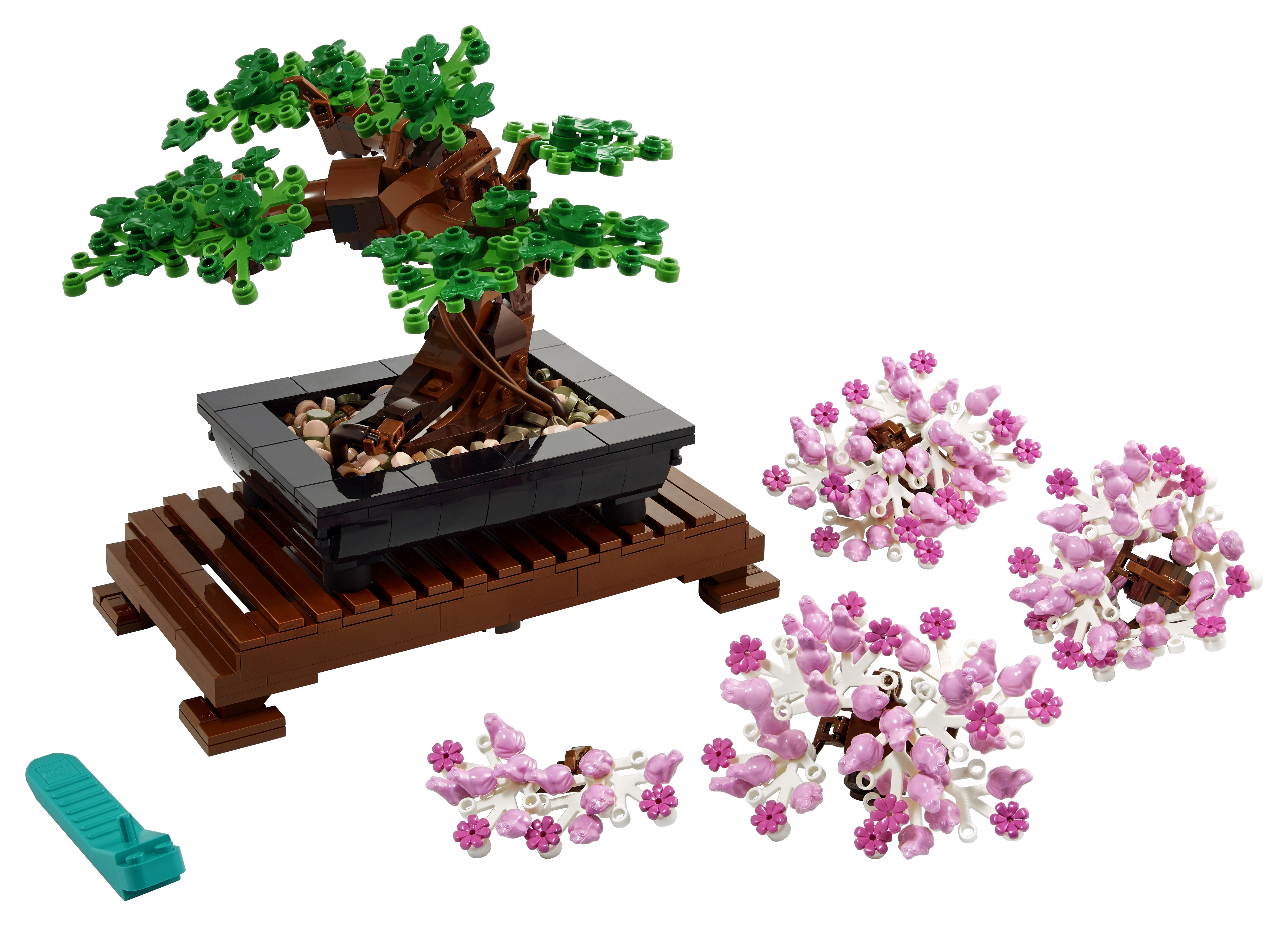Dublin mimosa beginnings
Table of Contents
Table of Contents
A bonsai tree is a beautiful and unique addition to any home, but training it can seem like an intimidating task. However, with the right tools and knowledge, anyone can learn how to train a bonsai tree and watch it thrive.
Pain Points
Many beginners struggle with knowing when and how to prune their bonsai tree, as well as how to wire it to achieve the desired shape. Without proper training, a bonsai tree can become overgrown and lose its shape or even die.
Answering the Target
The first step in training a bonsai tree is selecting the right tree species, as each species has its own unique characteristics and care requirements. Once you have selected your tree, it’s important to start pruning early and often to shape it and encourage healthy growth. Wiring can also be used to achieve desired shapes and positions, but it should be done with care so as not to damage the tree. With patience and dedication, your bonsai tree can become a work of art.
Summary
In summary, training a bonsai tree requires selecting the right species, proper pruning techniques, and careful wiring. With these techniques, anyone can create a beautiful and unique bonsai tree for their home.
How to Train Your Bonsai Tree
When I first started training my bonsai tree, I was intimidated by the process. However, I found that getting started early and staying consistent with my pruning and wiring helped me achieve the desired shape and position for my tree. I also invested in quality tools, such as scissors and wire cutters, to ensure that I wasn’t damaging my tree in the process.
 It’s important to remember that each tree is unique, and it may take some trial and error to find the right shape and position for your bonsai tree. Be patient and enjoy the process!
It’s important to remember that each tree is unique, and it may take some trial and error to find the right shape and position for your bonsai tree. Be patient and enjoy the process!
Indoor vs. Outdoor Bonsai Training
When I first started training my indoor bonsai tree, I assumed that the process would be similar to outdoor bonsai training. However, I quickly learned that indoor bonsai trees require different care and training techniques, such as special soil and humidity requirements. I also found that indoor bonsai trees may need to be wired and pruned differently than outdoor bonsai trees due to their limited space.
 Researching the specific care requirements for your indoor or outdoor bonsai tree can help you ensure that you are using the right techniques for your tree’s unique needs.
Researching the specific care requirements for your indoor or outdoor bonsai tree can help you ensure that you are using the right techniques for your tree’s unique needs.
Understanding Wiring Techniques
Wiring is a useful technique for shaping and positioning your bonsai tree, but it should be done with care to avoid damaging the tree. It’s important to use high-quality, flexible wire and to wrap it around the branches and trunk without squeezing too tightly. If the wire begins to bite into the bark, it should be removed and adjusted.
 Wiring should only be done during the tree’s growing season, and it should be removed before it has a chance to cut into the tree’s bark. With proper wiring techniques, you can achieve unique and beautiful shapes for your bonsai tree.
Wiring should only be done during the tree’s growing season, and it should be removed before it has a chance to cut into the tree’s bark. With proper wiring techniques, you can achieve unique and beautiful shapes for your bonsai tree.
Maintaining Your Trained Bonsai Tree
Maintaining a trained bonsai tree requires regular pruning and wiring to maintain its shape and health. It’s important to also consider the tree’s watering and fertilization needs, which can vary depending on the species and location. Regular inspections for pests and diseases can also help you catch any issues early and prevent damage to your tree.
 Remember to stay consistent with your maintenance routine and enjoy the beauty of your trained bonsai tree.
Remember to stay consistent with your maintenance routine and enjoy the beauty of your trained bonsai tree.
Question and Answer
Q: How often should I prune my bonsai tree?
A: It depends on the species of your tree and its growth rate, but generally 1-2 times per year is sufficient for shaping and maintaining its health.
Q: Can I train a mature bonsai tree?
A: Yes, you can train a mature bonsai tree, but it may require more care and time to reshape it than a younger tree.
Q: Do all bonsai trees require wiring?
A: No, not all bonsai trees require wiring, but it can be useful for achieving specific shapes and positions.
Q: What are some common mistakes in bonsai training?
A: Some common mistakes include pruning or wiring too aggressively, using low-quality tools, over-fertilizing, and neglecting watering or pest management.
Conclusion of How to Train Your Bonsai Tree
Training a bonsai tree can be a fulfilling and rewarding experience. With the right knowledge and tools, anyone can create a stunning work of art to enjoy for years to come. Remember to research your tree’s specific care requirements and stay consistent with your maintenance routine to achieve the best results.
Gallery
How To Train A Bonsai Tree From Seed. Pruning Bonsai, Cutting Branches To Shape The Tree

Photo Credit by: bing.com / dublin mimosa beginnings
How To Train A Bonsai Tree From Seed. Pruning Bonsai, Cutting Branches To Shape The Tree

Photo Credit by: bing.com / bonsai seed
In Training By Tom Shacochis On 500px | In Train, Bonsai Tree, Bonsai

Photo Credit by: bing.com / bonsai
How To Train Your Bonsai

Photo Credit by: bing.com / cuidar um bonsais tuacasa
Schefflera Bonsai: How To Train Them And Indoor Gardening Basics - IGardenPlanting

Photo Credit by: bing.com / bonsai tree schefflera train decorative beautiful pixabay old plants thieves asking stolen couple water their year pots






